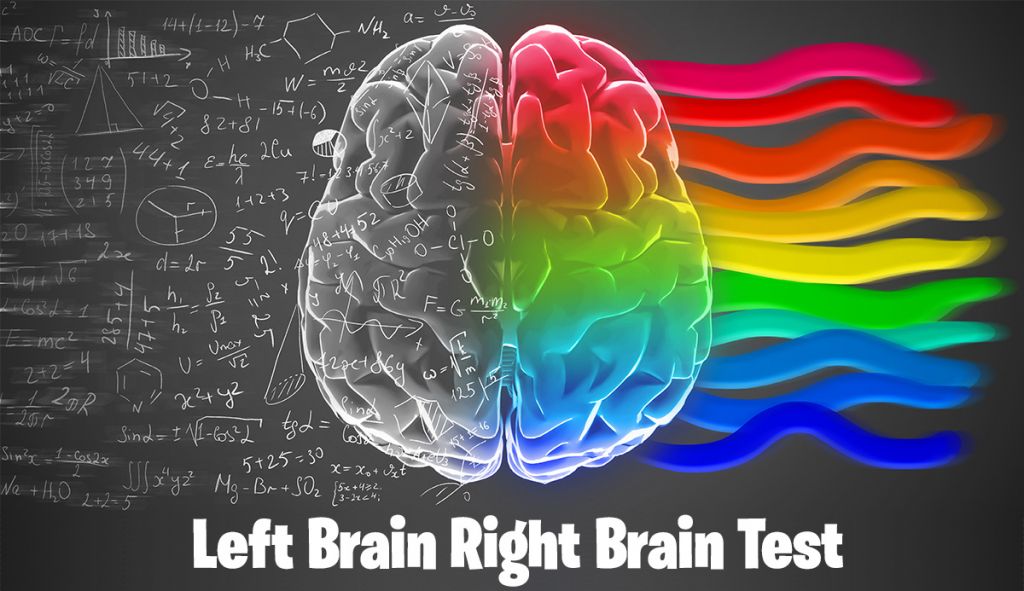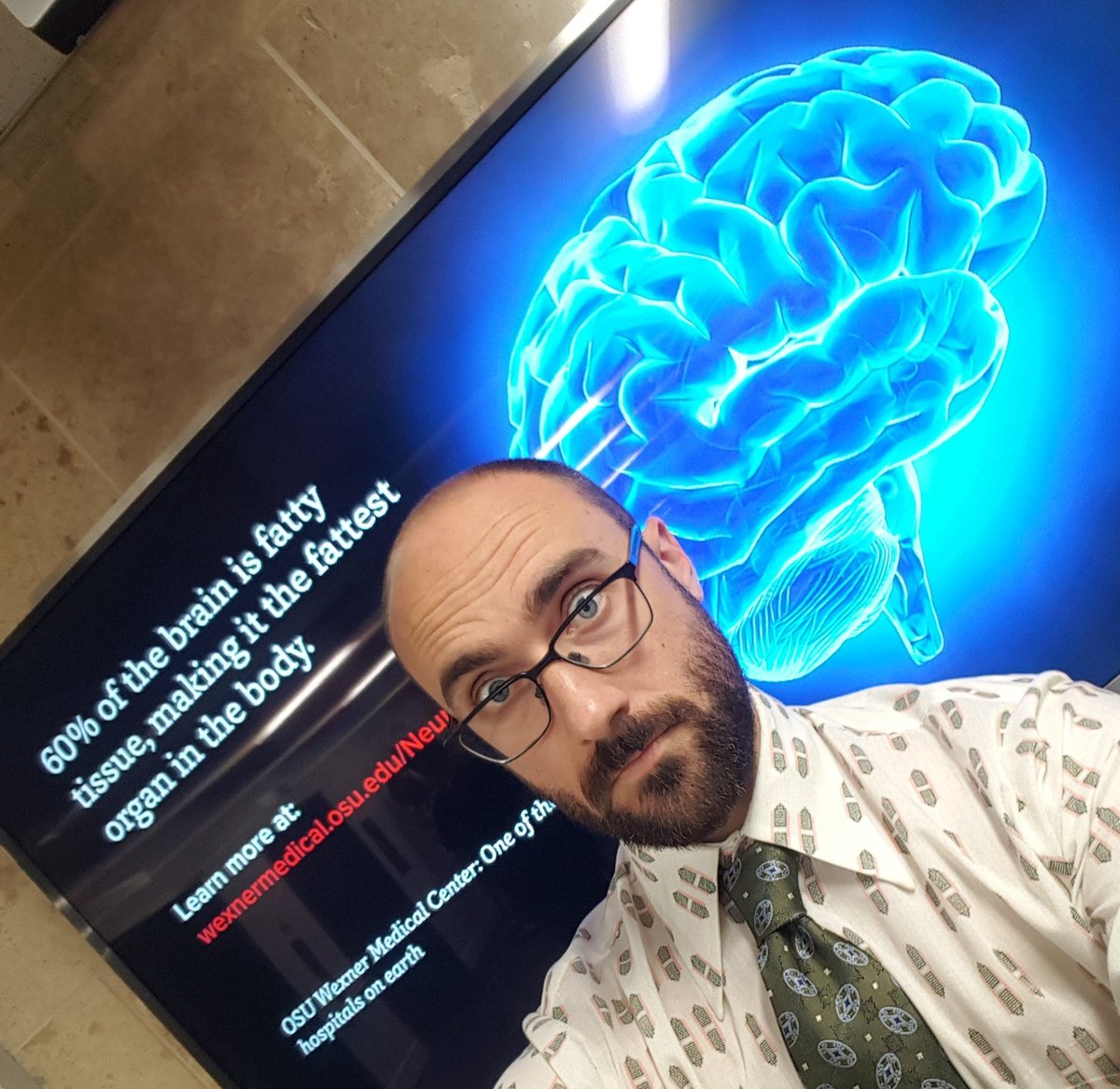The brain is the fattiest human organ dry brain tissue is 60 fat and contains 25 of all cholesterol

The Fattiest Human Organ: The Brain

When it comes to the human body, the brain is undoubtedly the command center, controlling every aspect of our lives. But did you know that it is also the fattiest human organ? Yes, you heard it right! Dry brain tissue is 60% fat, making it one of the most lipid-rich organs in our body. If that’s not surprising enough, here’s another fact: the brain contains 25% of all the cholesterol found in our body. Let’s dive into the fascinating details of why the brain has such a high fat content and the implications it has on our overall health.
To truly grasp the significance of the brain’s fat composition, we have to understand the essential role that fats play in our bodies. Fats, also known as lipids, are crucial macronutrients that provide us with energy, support cell growth, protect our vital organs, and help in the absorption of essential vitamins and minerals. It is commonly known that not all fats are created equal, and the brain thrives on a specific type of fat called omega-3 fatty acids.
Omega-3 fatty acids are essential for brain development and function. They are known to have anti-inflammatory properties and contribute to the structural integrity of brain cell membranes. Consuming foods rich in omega-3 fatty acids, such as fatty fish (salmon, mackerel, sardines), nuts (walnuts), and seeds (flaxseeds, chia seeds), can positively impact brain health. These fats are not only vital for maintaining cognitive abilities but also play a role in reducing the risk of neurodegenerative diseases, such as Alzheimer’s and dementia.

Now, let’s explore the connection between cholesterol and the brain. Cholesterol often carries a negative connotation due to its association with heart diseases. However, it is worth mentioning that cholesterol is an essential component of our body’s cell membranes and is required for the proper functioning of nerve cells in the brain. The brain has its own cholesterol production system, known as the blood-brain barrier, which regulates the cholesterol levels within this organ. Maintaining a healthy balance of cholesterol is crucial for optimal brain function.
It is important to note that while the brain requires a significant amount of fat and cholesterol, excessive intake of unhealthy fats and cholesterol can have detrimental effects. Diets high in saturated fats, trans fats, and LDL cholesterol (commonly referred to as bad cholesterol) can lead to the buildup of plaque in the arteries, a condition known as atherosclerosis. This plaque restricts blood flow to the brain, increasing the risk of stroke and cognitive decline.
So, what can we do to support our brain health while maintaining a balance of fats and cholesterol? A well-rounded, nutritious diet is key. Incorporating a variety of healthy fats, such as avocados, olive oil, and nuts, can provide the necessary omega-3 fatty acids for brain health. It is equally important to limit processed foods, fried foods, and foods high in trans fats, as these can contribute to atherosclerosis and negatively impact brain function.
In conclusion, the brain’s status as the fattiest human organ highlights the incredible importance of fats and cholesterol for its proper functioning. By understanding the role of healthy fats and cholesterol in brain health, we can make informed dietary choices that support our cognitive abilities and overall well-being.
Source: The Los Angeles Times
Tags
Share
Related Posts
Quick Links
Legal Stuff

